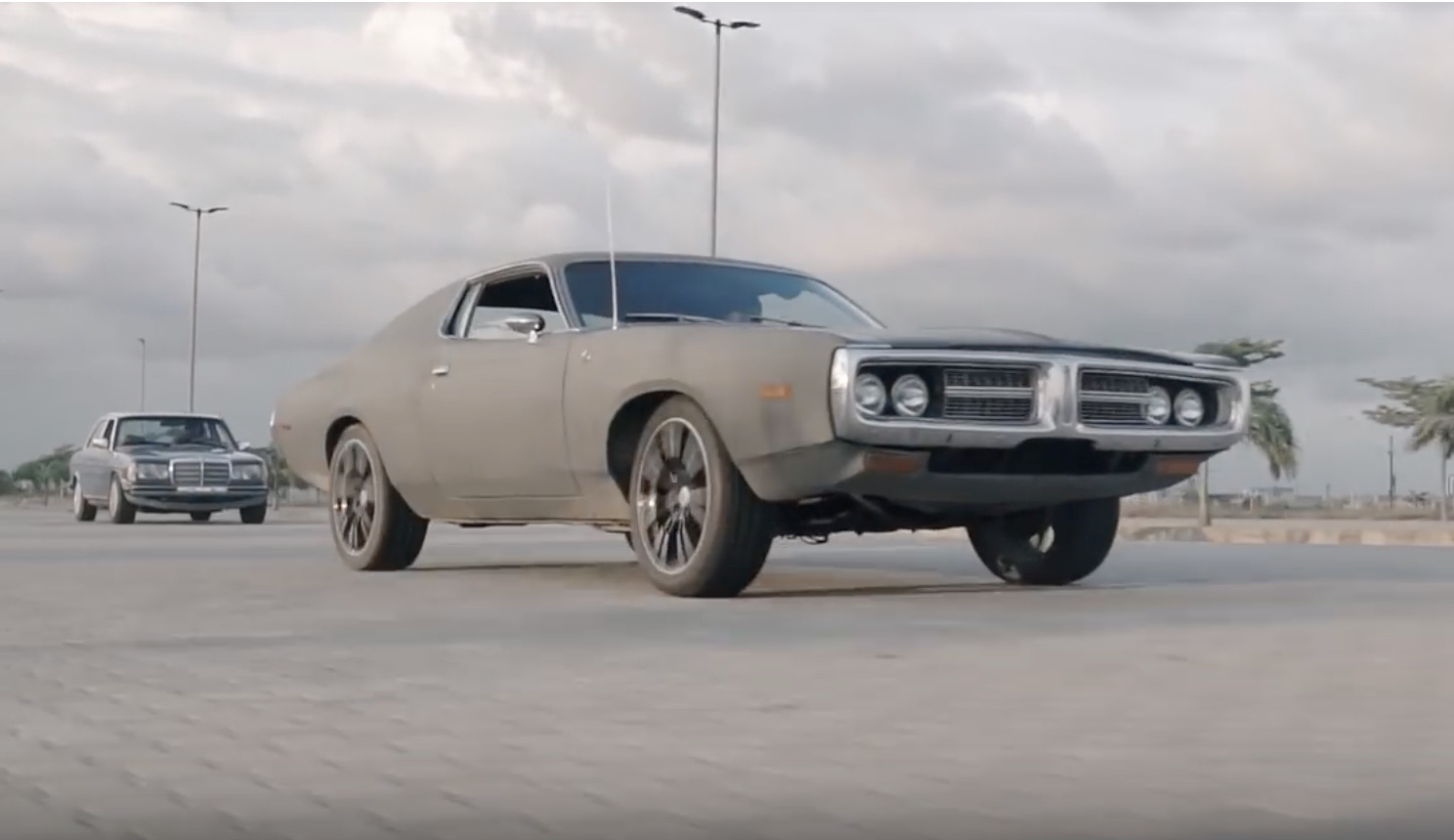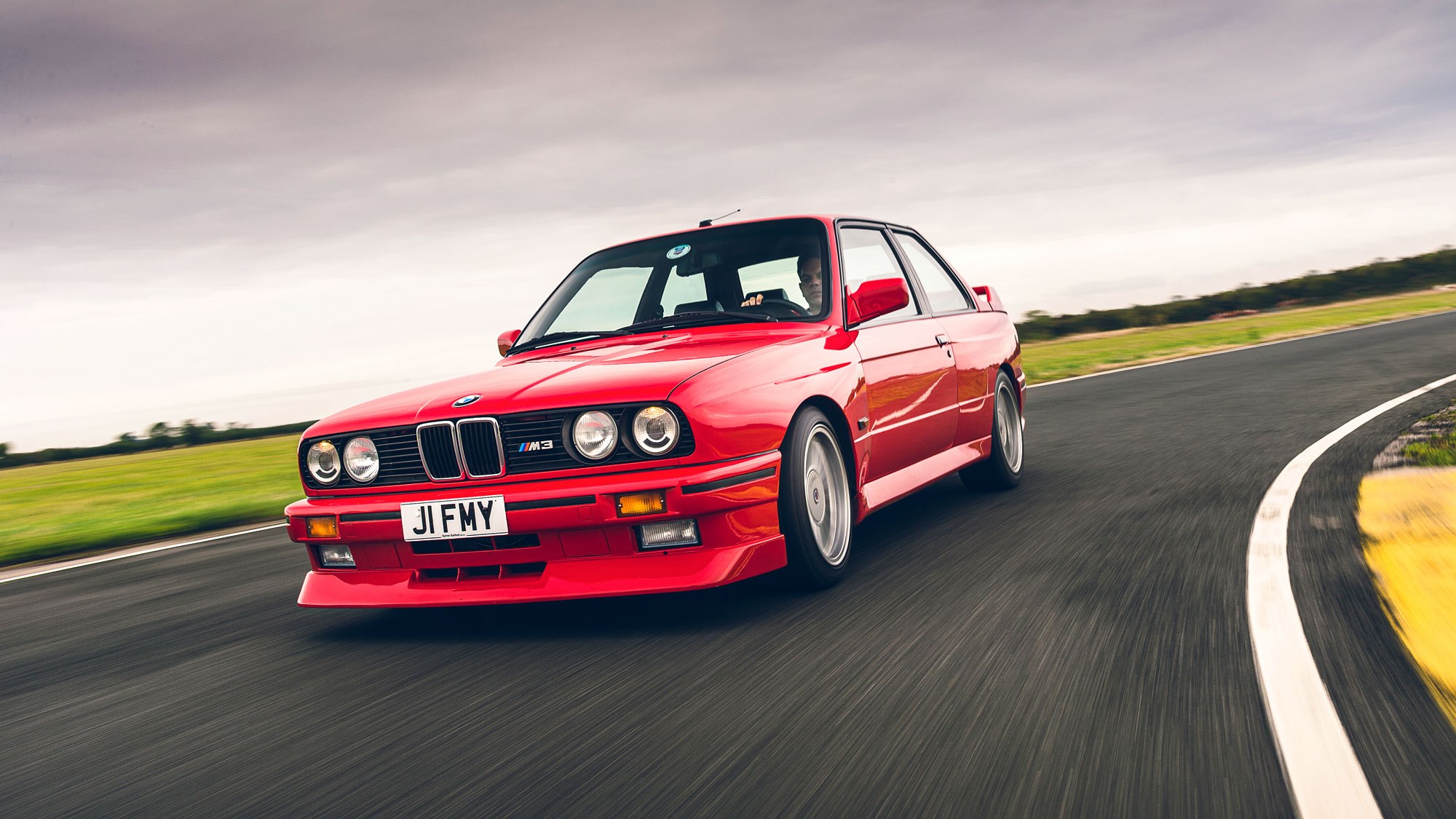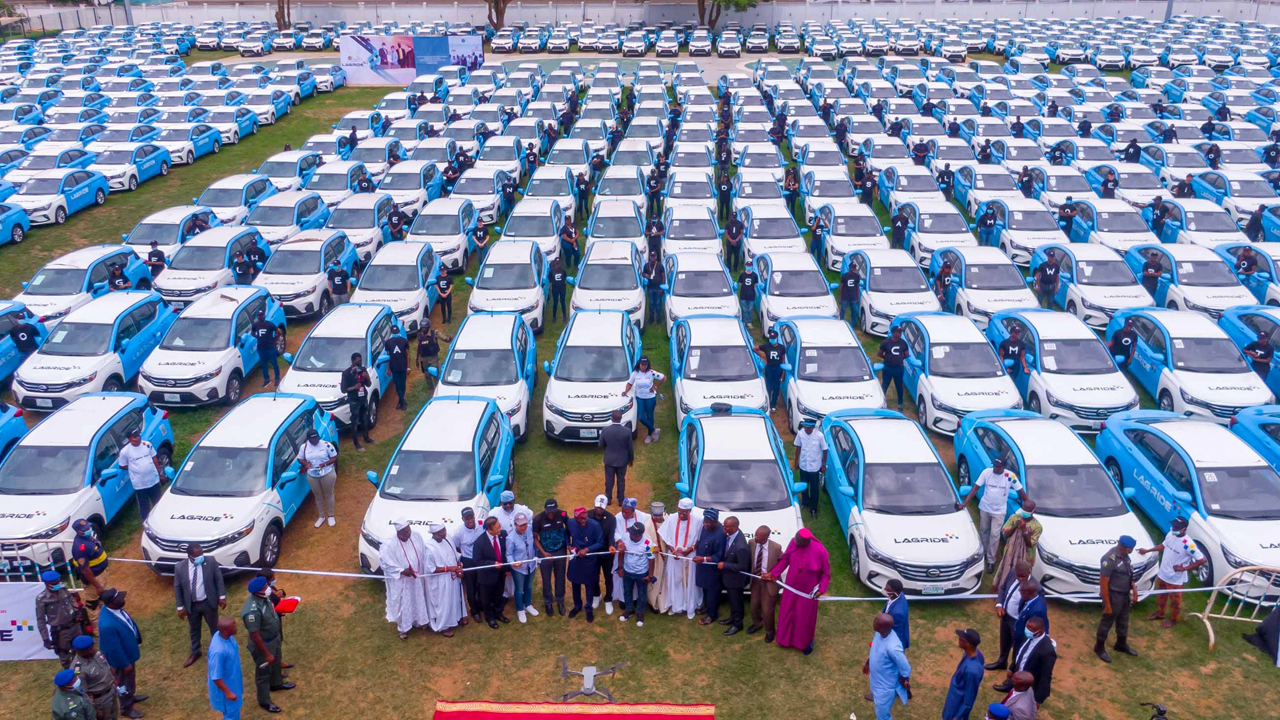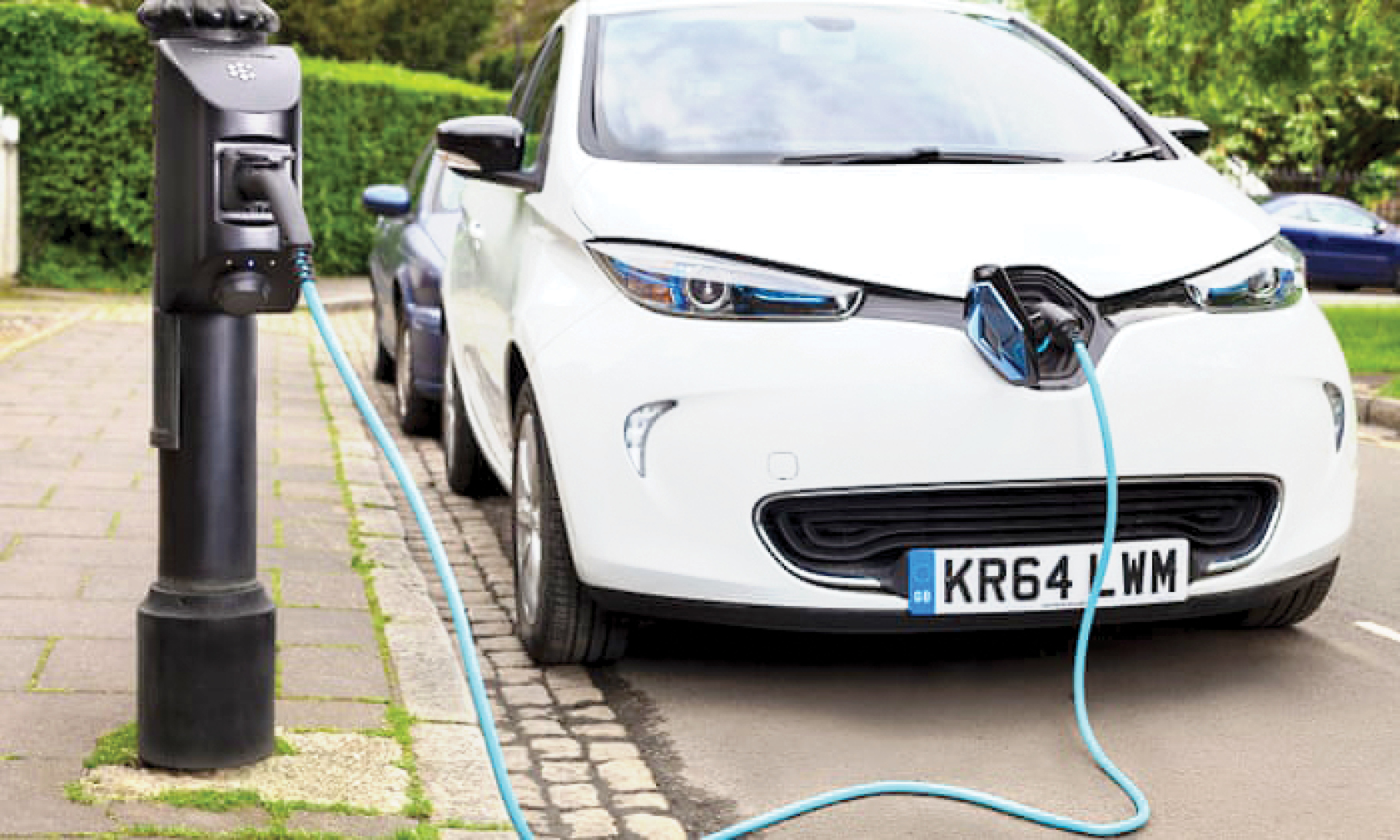

In the vibrant tapestry of Nigeria, the automotive landscape is as diverse as the nation itself. From bustling urban centers to serene rural communities, the car culture in Nigeria reflects a unique blend of preferences influenced by cultural, economic, and environmental factors. This article delves into the intricacies of Nigerian car culture, shedding light on the preferences that drive the nation's roads.
Cultural Influences On Car Choices In Nigeria - Beyond The Roads Of Status And Prestige
In the kaleidoscope of Nigeria's cultural diversity, the choices people make regarding their vehicles are often deeply intertwined with social status, prestige, and the intricate dance of daily life. Here, we explore how cultural influences shape car preferences, touching on symbols of success, the practical allure of SUVs, and the complex landscape of automobility in the dynamic city of Lagos.
Status And Prestige - The Symbolism Of Luxury Cars Reimagined
Cultural Heritage And Affluence
Nigeria's rich cultural heritage weaves a narrative where social status and prestige are paramount. Luxury cars emerge as symbolic markers of success and achievement, reflecting not just economic prosperity but also an individual's ascent on the social ladder. Brands like Mercedes-Benz and BMW, celebrated for their elegance and sophistication, resonate deeply with Nigerians aspiring to make a bold statement of affluence within the societal fabric.
Contradictions And Materialism
In the complex tale of cultural influence, we encounter characters like Obinze, whose role in undervaluing real estate mirrors a prevailing cultural narrative. While he finds discomfort in the material objects acquired, the allure of driving to exclusive clubs in luxury cars persists—a tangible representation of the contradictions inherent in the pursuit of affluence.
Reliance On SUVs - Where Practicality Meets Prestige On Nigerian Roads
Resonance With The Nigerian Lifestyle
The heartbeat of Nigerian car choices is often found in the practicality and versatility of Sports Utility Vehicles (SUVs). These vehicles, robust in design, spacious in interiors, and adaptable to diverse road conditions, resonate strongly with the Nigerian lifestyle. Families seeking a seamless transition between urban streets and rugged terrains find solace in the reliability and adaptability of SUVs.
Lagos Traffic Chronicles
Navigating the notorious Lagos traffic, a Range Rover, a Honda, and an old Datsun share the road. Here, the dynamics of automobility unfold, encapsulating the complexities of modern Lagos. Whether cruising comfortably in a luxury vehicle or maneuvering through the urban maze in a more modest car, each vehicle is a part of the larger narrative of Nigerian car culture.
Automobility In Postcolonial Moments: A Glimpse Through "Americanah"
Contradictions Of The 1990s
Chinua Achebe's "Americanah" offers a nuanced look into Nigeria's automobility during the 1990s. A period marked by military rule and societal struggles, the novel paints a vivid picture of cars stuck in endless petrol lines, protests where cars are burned in frustration, and the stark disparities between the wealthy elite and the majority navigating the city with less ease.
Wealth Disparities And Car Cruises
While pensioners demand their pay and university students protest, wealthy criminals effortlessly cruise the city in donated cars, illustrating the stark wealth disparities of the time. The church parking lot becomes a symbolic stage where hopes for a better car mirror societal aspirations, reflecting the intricate relationship between automobility and cultural dreams.
Economic Factors Shaping Car Ownership In Nigeria - Navigating The Roads Of Affordability And Durability
Car Ownership
In the intricate dance of car ownership in Nigeria, economic considerations take center stage. The affordability and fuel efficiency of vehicles emerge as critical factors influencing the choices of a diverse populace. Compact cars, with their economic appeal, have surged in popularity, reshaping the automotive landscape.
Brands Meeting The Demand
Brands that prioritize affordability and reliability, such as Toyota and Honda, have found a welcoming audience in the Nigerian market. The appeal lies not only in the initial purchase cost but also in the long-term savings resulting from fuel efficiency. This strategic alignment with economic realities ensures that a broad spectrum of the population can access reliable transportation.
Minimizing Operating Costs
In a country where fuel prices fluctuate, the focus on fuel efficiency becomes a strategic move to minimize operating costs. Compact cars, known for their frugality at the pump, resonate with Nigerian consumers who seek not only affordable vehicles but also economical solutions to navigate the bustling streets and expansive highways.
Robustness For Nigerian Roads - The Enduring Appeal Of Pickup Trucks
Navigating Diverse Terrains
Nigeria's topography is a diverse canvas, featuring everything from smooth highways to challenging rural routes. This diversity poses unique challenges for commuters, prompting a significant demand for vehicles capable of withstanding the rigors of varied terrains. Pickup trucks, renowned for their durability and off-road capabilities, have carved a niche for themselves in this demanding landscape.
Brands That Weather The Challenges
Toyota Hiluxand Ford Ranger stand out as exemplars of automotive engineering tailored to the Nigerian roads. The appeal lies not just in their robust design but also in their ability to seamlessly transition between urban and rural landscapes. These brands cater to individuals whose journeys take them beyond the city limits, offering a reliable means of transportation that goes the extra mile, quite literally.
Meeting The Expectations Of Durability
For car owners navigating the challenging routes, the durability of a vehicle is paramount. The appeal of pickup trucks goes beyond aesthetics; it's rooted in the assurance that the vehicle can withstand the unpredictable conditions of Nigerian roads. The investment in a pickup truck becomes a pragmatic choice, ensuring that the vehicle remains a reliable companion for years to come.
Performance And Sports Car Culture In Nigeria
European Elegance Dominates (1960s-1980s)
European Icons Reign Supreme
The roots of Nigeria's performance and sports car culture trace back to the golden era between the 1960s and 1980s. European masterpieces, including the Citroen DS, Peugeot 504, and the regal Mercedes Benz 280SE, held court as symbols of automotive excellence and opulence.
Shifting Preferences To Japanese Precision (1990s-2000s)
A gradual shift occurred in the late 90s and early 2000s when Japanese cars, notably Toyotas, began to dominate the Nigerian roads. This transition was fueled by a desire to economize on fuel costs, leading to a decline in the popularity of luxury cars.
Resurgence And Racing Roar - The Revival (2009 Onwards)
Drifting Into A New Era
In 2009, the sports car culture roared back to life with the initiation of a drift event organized by Darknight Motorsport in Abuja. This marked the beginning of a renewed passion for high-performance vehicles, breathing fresh life into the Nigerian automotive scene.
Edo State - A Hub For Motorsport Enthusiasts
Edo state stands out in the narrative, boasting the first purpose-built race track in the country situated in Evbuobanosa. Annually, the Motorsport Raceway in Evbuobanosa hosts West Africa's most prominent motorsport races, featuring thrilling categories like the bike, E30 RoadX, and Supercar races.
Unraveling The E30 Phenomenon
The RoadX category, featuring the iconic E30s, has contributed to a surge in demand and prices for these vehicles. The Motorsport Raceway in Evbuobanosa becomes a battleground for enthusiasts, escalating the popularity of the classic E30s in Nigeria.
Dueling Titans - Lagos Vs. Abuja Showdown
Mercedes Vs. BMW - The Eternal Rivalry
In Lagos, the performance car landscape is dominated by Mercedes-Benz owners, particularly the prestigious C300s and E350s. However, the allegiance to the brand often stems more from the nameplate's prestige than an intrinsic love for the vehicles.
BMW Club Nigeria - Masters Of The Show
The BMW Club Nigeria takes center stage in Lagos, orchestrating the largest car show in the city. With two annual events featuring a captivating car show and a supercar drag race, the BMW Club Nigeria attracts an ensemble of automotive masterpieces, ranging from Ferraris, Lamborghinis, and Rolls Royces to Ford Mustangs, BMW Ms, and Mercedes-AMGs.
Never-ending Supremacy Battle
The supercar drag race becomes the battleground for supremacy, particularly between the giants, Mercedes-Benz and BMW. A perpetual clash of automotive titans, the race is more than just a speed competition; it symbolizes an ongoing rivalry between two automotive giants.
Elite Fleet - BMWs In The Lap Of Luxury
A Symphony Of BMWs For The Elite
Nigeria's elite, particularly in Abuja and Lagos, showcase an impressive fleet of BMWs that transcend mere transportation. Models like theBMW E30M3, 2011 BMW F10 5 series, BMW M4, BMW X6M, and BMW E92 M3 are not just vehicles; they are statements of status and style.
The Battle For The Streets
These BMWs, often donning custom license plates, traverse the streets in a synchronized dance of power and prestige. The streets of Abuja and Lagos become a battleground for automotive elegance, with each customized BMW adding a unique note to the symphony of elite vehicles.
Looking Ahead - Reasons To Keep Your Focus On Nigeria's Future
In the ever-evolving landscape of global economics, keeping a vigilant eye on the future is not just prudent; it's a strategic imperative. In our recent blog, we touched upon Nigeria's remarkable growth in Gross National Product (GNP) amid global economic challenges. As considerations arise about inventory management and potential precautionary measures, it's crucial not to lose sight of the promising long-term prospects for Nigeria. Here are compelling reasons to foster a sense of optimism and maintain an enduring commitment to this dynamic part of the world:
Exponential GNP Growth: - A Testament To Resilience
Despite the undulating waves of the global recession, Nigeria has displayed a spectacular five-fold increase in GNP from 2000 to 2011, with the upward trajectory showing no signs of abating. This remarkable resilience in economic growth positions Nigeria as a key player on the global stage, warranting a steadfast commitment to long-term partnerships.
Population Surge - Lagos Rising On The Global Stage
Lagos, a thriving metropolis, is on the brink of becoming the third-largest city in the world, a testament to the burgeoning population growth. The city's ascent signifies not only economic vibrancy but also unprecedented opportunities for businesses willing to navigate the dynamic currents of this evolving landscape.
Per-Capita GNP Surge
Individual prosperity is on the upswing, with rapid increases in per-capita GNP reflecting the improving economic well-being of the Nigerian populace. As disposable incomes rise, so does the potential for increased consumer spending, offering fertile ground for businesses to explore and cultivate long-term relationships.
Emergence Of A Robust Middle Class
Nigeria has witnessed substantial growth in its middle class, now estimated to encompass 23% of the population. This burgeoning middle class, characterized by well-educated individuals, with 92% having post-secondary education, presents a burgeoning market hungry for goods and services. Businesses anticipating and aligning with the evolving needs of this demographic stand to reap substantial long-term benefits.
Financial Prudence
Nigerians boast a culture of saving, with extremely low consumer debt ratios. This financial prudence not only stabilizes the economy but also positions consumers for increased spending on major household appliances and other Western amenities, fostering a climate conducive to business growth.
Soaring Overseas Car Shipping
The past year has seen a remarkable 150% increase in overseas car shipping, indicating a surge in demand for vehicles. This upward trend underscores the evolving landscape of consumer preferences and presents opportunities for businesses in the automotive sector.
Nascent Middle-Class Car Ownership: Untapped Potential
While the middle class is expanding rapidly, car ownership is still in the early stages of development. A mere 2% own three or more cars, 5% own two cars, and just 10% own one car. This reveals a vast untapped potential in the automotive market, with a substantial portion of the middle class yet to embrace car ownership.
Driving Into The Future - Tech-Savvy Consumers And Automotive Innovation
In the fast-paced world of automotive evolution, Nigerian consumers are steering towards a future defined by technological advancements and a thirst for innovation. Here's a closer look at how tech-savvy consumers in Nigeria are shaping the automotive landscape:
Embracing Technological Advancements - A Symphony Of Infotainment And Connectivity
Global Tech Wave
In a world where technology is the heartbeat of progress, Nigerian car buyers are eagerly embracing the wave of technological advancements. Vehicles equipped with cutting-edge infotainment systems and connectivity features are becoming the new standard, offering consumers a seamless blend of convenience and innovation.
Pioneering Brands
Brands at the forefront of this tech revolution, such as Hyundai and Kia, resonate deeply with the tech-savvy Nigerian consumer. These manufacturers understand the importance of integrating advanced technology to cater to a generation that seeks not just a mode of transportation but a connected, intelligent driving experience.
Convenience And Innovation
For the tech-savvy consumer, it's not just about getting from point A to B; it's about the journey. Infotainment systems that seamlessly integrate with smartphones, voice-activated controls, and intuitive interfaces are no longer luxuries but expectations. Convenience and innovation go hand in hand, creating a driving experience that mirrors the interconnected world we live in.
Electric Dreams - Navigating The Curves Of Sustainable Mobility
Global Shift Towards Sustainability
As the world turns towards sustainable solutions, Nigerian consumers are tuning into the global conversation on environmental consciousness. The emergence of electric vehicles (EVs) as a viable and eco-friendly transportation alternative has piqued the interest of Nigerian drivers.
Brands Leading The Charge
Brands like Tesla and Nissan Leaf, pioneers in the electric vehicle realm, have captured the imagination of Nigerian consumers. The allure of EVs extends beyond being a mode of transport; it represents a conscious choice towards reducing environmental impact.
Nascent Curiosity
While electric vehicle adoption in Nigeria is in its early stages, the growing curiosity around EV brands reflects a shifting awareness. Nigerian consumers are increasingly considering the environmental implications of their choices, paving the way for a potential surge in the adoption of cleaner, sustainable transportation solutions.
Nigerian Car Culture - FAQs
Which Car Is Made From Nigeria?
However, there have been discussions and efforts towards promoting local automotive manufacturing in the country. It's recommended to check more recent sources or official announcements for the latest information on locally produced cars in Nigeria.
When Was Car First Used In Nigeria?
Cars were first introduced and used in Nigeria during the colonial era, particularly in the early 20th century. The exact date of the first car's introduction to Nigeria may vary, but it is generally considered to have occurred in the early 1900s.
How Many Cars Are In Nigeria?
As for the number of cars in Nigeria, it's challenging to provide an exact figure due to the dynamic nature of vehicle registrations, imports, and changes over time. Nigeria has a significant number of cars, with estimates running into millions. The National Bureau of Statistics (NBS) in Nigeria may provide more recent and accurate statistics on the current number of registered vehicles in the country.
Conclusion
In the kaleidoscope of Nigeria's car culture, diversity reigns supreme. From the aspirational allure of luxury cars to the practicality of compact models, each vehicle on Nigerian roads tells a unique story. As the automotive industry continues to evolve, understanding these cultural nuances and preferences is crucial for manufacturers and dealerships aiming to navigate the roads of Nigeria's dynamic car culture.
Explore more insights into Nigerian car cultureand preferences on GadgetsGaadi, where the intersection of technology and automobiles is passionately explored.




